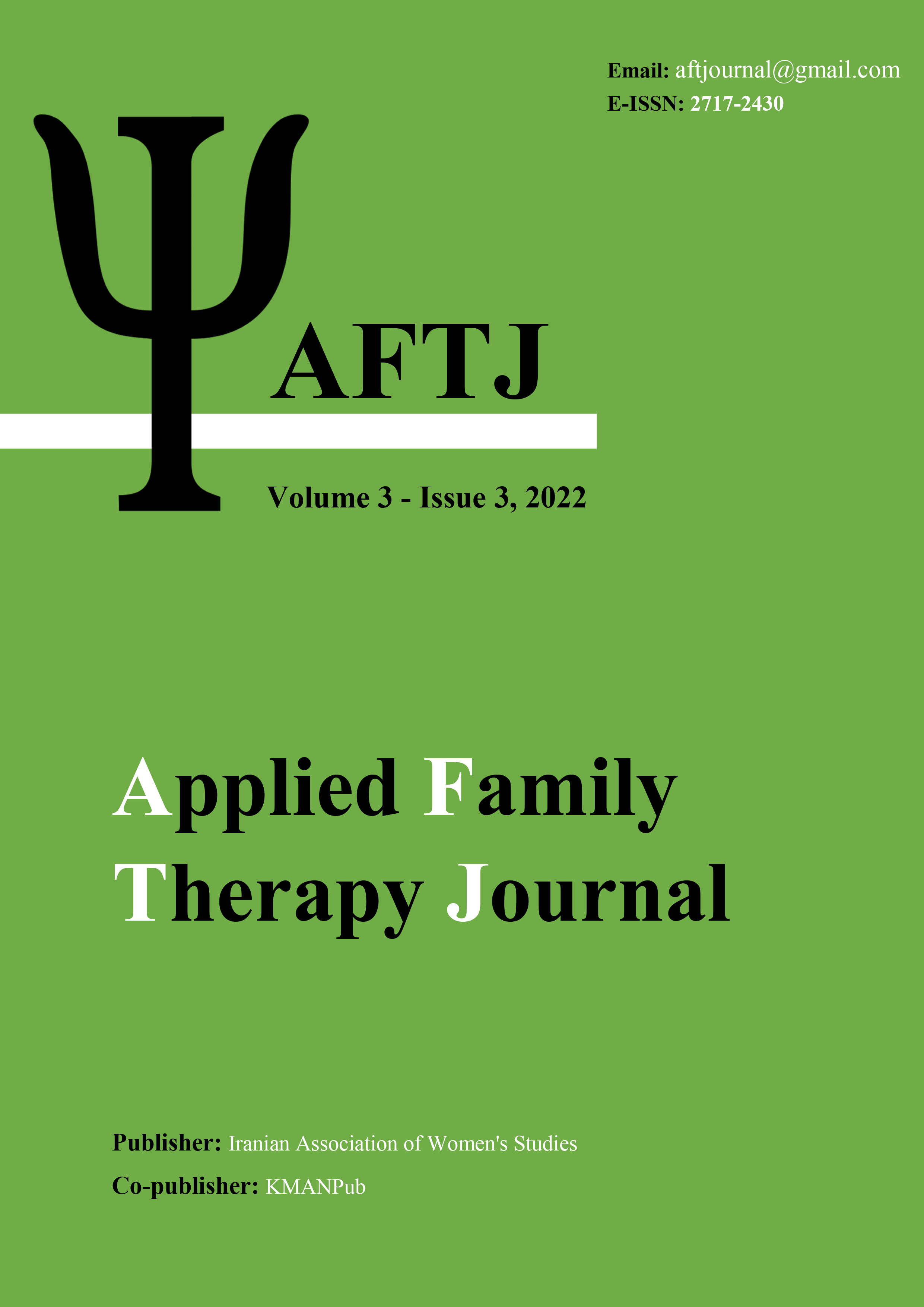Comparison of the effectiveness of emotional self-regulation strategies and coping strategies with pain on emotional process regulation in female patients with coronary heart disease
Keywords:
emotion regulation, coping strategies, coronary heart disease, women.Abstract
Aim: The aim of this study was to compare the effectiveness of emotional self-regulation strategies and pain management strategies on emotional process regulation in coronary heart disease patients. Methods: The present study was applied and quasi-experimental with pre-test design, post-test and follow-up with a control group. Statistical population of all patients with coronary heart disease who were in Sabzevar Heshmatieh Hospital from July 6, 2019 to October 6, 2020. 26 people were randomly selected and randomly divided into three groups (two experimental groups and one control group) were divided. The experimental groups were trained with emotional self-regulation strategies (n=9) based on John and Gross training package (2004) and pain coping strategies (n=8) based on Turk and Gachell educational package (2002) and the control group (n=9) received no training. The research tool was Gross and John (2003) Emotion Regulation Questionnaires. Data were analyzed by mixed analysis of variance using SPSS25 software. Results: The results showed that the training of emotional self-regulation strategies and coping strategies with pain is effective on re-evaluation (F=6.82, P=0.003) and suppression (F=9.33, P<0.001) in patients with coronary heart disease. The results also showed that although the two training methods could be effective in regulating the emotional process, but there was no significant difference between their effectiveness (p>0.05). Conclusion: Teaching emotional self-regulation strategies and coping strategies can improve re-evaluation and reduce emotion suppression in patients.
Downloads
Downloads
Published
Issue
Section
License

This work is licensed under a Creative Commons Attribution-NonCommercial 4.0 International License.






















